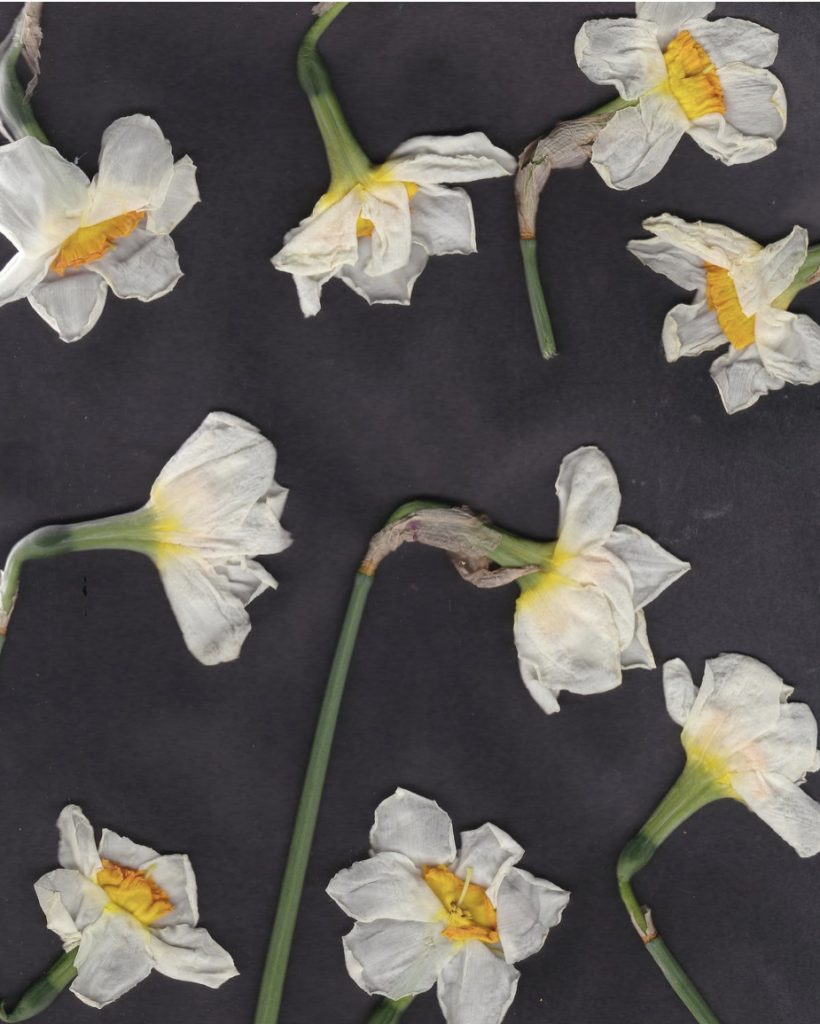“You were so cheerful yesterday. What happened to you today?”
“Why are you so quiet?”
“Why do you always have such a gloomy expression?”
“You suddenly seem so cheerful?”
Have you ever been asked questions that you don’t know how to respond to? Where you feel you have no choice but to silently force a smile in response. You don’t want to be judged. You don’t want to appear weak. You don’t want to appear like you can’t take care of yourself.
These internal stigmas are nothing but fuel to the fire of shamefulness and embarrassment. To fight the stigmas, it doesn’t just take self-awareness, but it also takes the awareness of a community as a whole. Educating yourself as well as people around you, about mental health, can help create a ripple effect in breaking stereotypes and in making it easy for people to seek help.
If you’ve seen a flock of geese in flight, you must’ve noticed that while the geese fly in the V-formation, they honk collectively. This is their way of motivating and encouraging each other. When a goose for some reason, falls out of the V-formation, you’ll notice one or two other geese joining it in order to provide support until it can join the flock again. We, as humans, can draw a lot of learning from this flock of geese.
Who has created death and life, that He may test you which of you is best in deed? And He is the All-Mighty, the Oft-Forgiving (Surah al-Mulk, Verse 2)
Being tested with problems is a part of being human. When interacting with seemingly troubled people, it is important to be sensitive with our questions. It’s yet another situation where awareness comes in handy. Our Prophets, being the best of people, also suffered from grief and sorrow.
In the same year that Prophet Muhammed (SAW) lost his beloved wife, Khadijah (RA) and his uncle, Abu Talib, the Muslims of Makkah were socially and economically boycotted. That year was called The Year of Sorrow
Imagine a friend of yours suffers from a physical illness. Would you restrict your suggestive solutions to only ‘pray’, ‘have patience’, ‘be positive’ and ‘take a walk in the park’? Or would you also advise the friend to consult a doctor?
Seeking help can seem shameful and scary at first. It might even be difficult to narrow down to the right professional. But once you do successfully seek help, you realize that you’ve actually made a brave attempt to take that step and as a result, you’ve reached a safe space.
Trying to comfort yourself on your own might give you some relief, but it can very likely lead to bottling up of emotions. Everybody deserves help and support. It could be from a family member, a friend and/or a professional counselor. Having a good support system around you makes it easier to heal.



